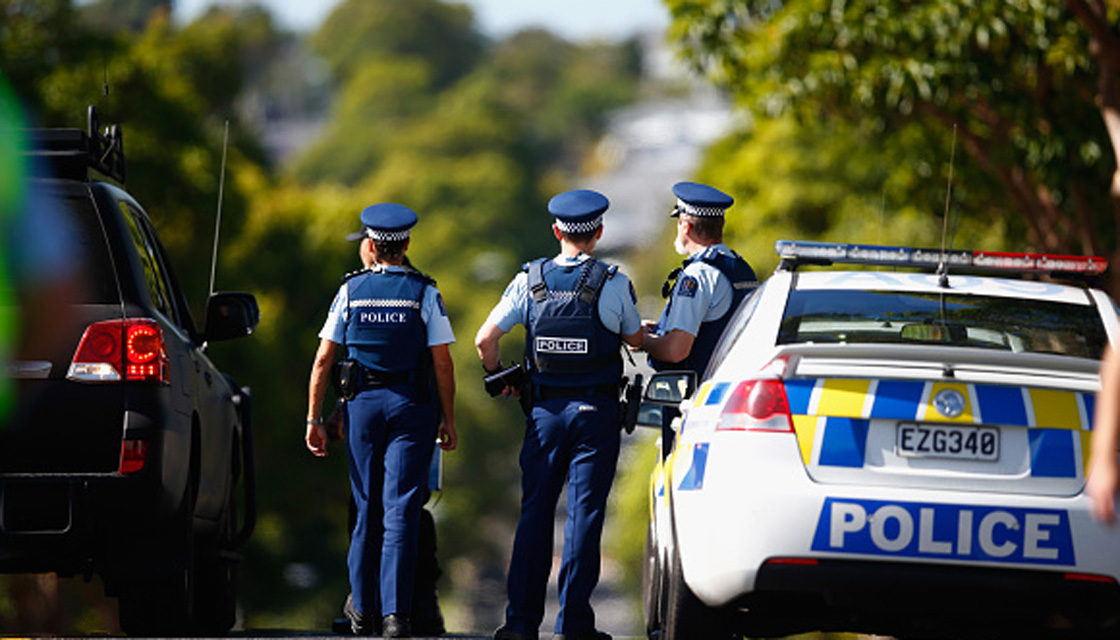WELLINGTON, July 4 (Xinhua) -- The need to ensure high levels of public safety is the focus of New Zealand's plans revealed on Thursday for the first firearms collections during the buyback and amnesty program following the Christchurch mosque attacks on March 15 that killed at least 51 people.
Police have publicly demonstrated how a community collection of firearms will work in practice, during an exercise in Wellington's Hutt Valley. They want to prioritize safety for the frontline officers and others involved in the process.
Police Minister Stuart Nash said he is confident the police are doing everything they can to ensure the process to collect unlawful weapons, parts and ammunition runs securely and efficiently. Collections at local community centers are the preferred way to safely gather guns and other items.

(Photo: VCG)
New Zealand changed its gun laws less than a month after the Christchurch mosque attacks. The law bans a wide range of military-style semi-automatic weapons, assault rifles and associated parts.
"There has been a noticeable increase in the number of firearms handed in or declared since the buy-back details were announced. It is clear that everybody is playing a part to make the country safe," Nash said.
More than 840 firearms have now been handed in to the police. Owners have declared their intention to surrender almost 8,000 further firearms, via online forms. Around 3,000 of these weapons are not for compensation but are being surrendered as part of the amnesty.
"In addition, more than 1,300 unlawful firearms have been seized by police during enforcement operations since March. Many of these weapons are from gangs and offenders without firearms licenses," he said.
The police have spent months planning the best way to safely collect, secure and dispose of prohibited firearms and parts, the minister said, adding "this is a huge logistical exercise which has never been attempted before in New Zealand."
Almost 200 buyback events have been organized for the first three months of the amnesty.


